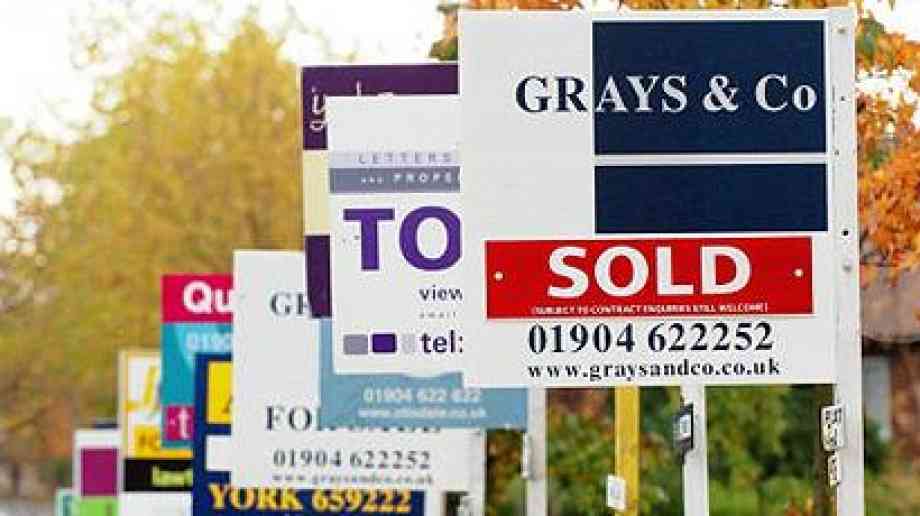Sue Robb of 4Children talks to Julie Laughton and Alison Britton from the Department for Education about the role of childminders in delivering the 30 hours free entitlement.
Private rented housing ‘failing’ to provide safe homes

The Public Accounts Committee has warned that, despite record rent increases, 13 per cent of rented homes ‘pose a serious threat to the health and safety of renters’.
MPs argue that it is ‘too difficult for renters to realise their legal right to a safe and secure home’ and that local authorities - constrained by a lack of support from the Department for Levelling Up, Housing and Communities and its approach to licensing landlords - do not have the capacity and capability to provide ‘appropriate and consistent protection for private renters’.
The private rented sector in England has doubled in size in the last 20 years and now houses 11 million people. However, as many as 589,000 of privately rented properties currently pose ‘a serious threat to the health and safety of renters’ - costing the NHS an estimated £340 million each year.
The Public Accounts Committee says that tenants face increasing rents, a rising number of low-earners and families renting long-term, and the prevalence of ‘no-fault’ evictions leaving households at risk of homelessness, and when trying to enforce their legal right to a safe and secure home private renters face an inaccessible, arduous and resource-intensive court process and the risk of retaliatory eviction.
The committee states that DLUHC has ‘only made piecemeal legislative changes in recent years, and in doing so has made the regulatory system even more overly complex and difficult to navigate for tenants, landlords and local authorities’ and is concerned that plans to address problems in the sector in a White Paper later in the year will be hampered by DLUHC’s poor understanding of the issues in the sector including overcrowding, harassment and evictions, and the actual effect of regulation.
Dame Meg Hillier, chair of the committee, said: “Unsafe conditions, overcrowding, harassment, discrimination, and dodgy evictions are still a huge issue in the private rented sector. And yet the sector is a growing provider of homes and rents keep rising meaning that safe, suitable housing is too often out of reach for renters. Renters with a problem are faced with a complex and costly redress system which is not fit for purpose and many tenants give up at the first hurdle.
“We need to see a change in balance. We expect DLUHC to produce the promised White Paper in a timely and effective fashion and start to turn around its record on addressing the desperate housing crisis in this country.”
Company Focus
Located in Bromley, Japanese Knotweed Eradication Ltd has been providing solutions in the treatment and removal of Japanese Knotweed (Fallopia Japonica) for over a decade. During this time we have mastered a repertoire of methods, from herbicidal treatments to landscaping solutions, tailored to address the unique challenges our clients face with this pervasive weed.
Event Diary
UKREiiF has quickly become a must-attend in the industry calendar for Government departments and local authorities.
The multi-award-winning UK Construction Week (UKCW), is the UK’s biggest trade event for the built environment that connects the whole supply chain to be the catalyst for growth and positive change in the industry.
Supplier Profiles
Geo Energy
At GeoEnergy Design, we're on a mission to disrupt the traditional way heating and cooling ha
Latest Features
Professor Harith Alani, director of the Knowledge Management Institute at the Open University explains how AI can be used for good and bad.
Alex Lawrence, head of health & social care, techUK sets out techUK’s Five Point Plan for CareTech.

















